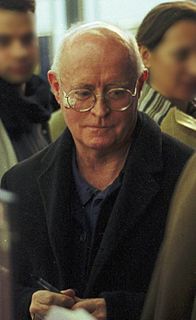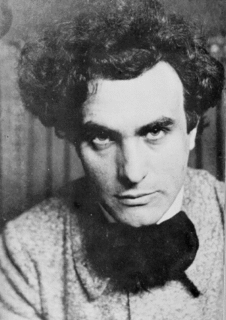A Quote by Edward Bond
Our unconscious is not more animal than our conscious, it is often even more human.
Related Quotes
The best indicator of your level of consciousness is how you deal with life's challenges when they come. Through those challenges, an already unconscious person tends to become more deeply unconscious, and a conscious person more intensely conscious. You can use a challenge to awaken you, or you can allow it to pull you into even deeper sleep. The dream of ordinary unconsciousness then turns into a nightmare.
Much more than our other needs and endeavors, it is sexuality that puts us on an even footing with our kind: the more we practice it, the more we become like everyone else: it is in the performance of a reputedly bestial function that we prove our status as citizens: nothing is more public than the sexual act.
Love is an alchemist that can transmute poison into food--and a spaniel, that prefers even punishment from one hand to caresses from another. But it is in love as in war, we are often more indebted for our success to the weakness of the defence than to the energy of the attack; for mere idleness has ruined more women than passion; vanity more than idleness, and credulity more than either.
Our inner weighing of evidence is not a careful mathematical calculation resulting in a probabilistic estimate of truth, but more like a whirlpool blending of the objective and the personal. The result is a set of beliefs - both conscious and unconscious - that guide us in interpreting all the events of our lives.





































